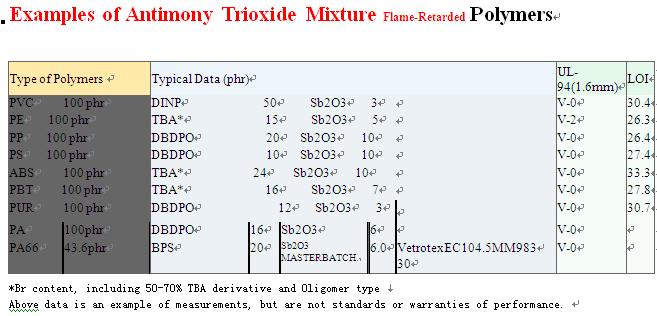You are here: Home > Metals News > Premier Wen: Market to further determine RMB exchange rate
Friday, March 28, 2008
Premier Wen: Market to further determine RMB exchange rate
The Chinese government would further allow the market to determine the RMB exchange rate and more flexibility to the RMB band, Chinese Premier Wen Jiabao said Wednesday.
Wen made the remarks during a speech at the fourth EU-China Business Summit held here, which attracted about 500 entrepreneurs from China and the European Union (EU).
However, the premier also emphasized China would improve the RMB exchange rate regime "in a proactive, manageable and gradual manner," with a view to gradually enabling capital account convertibility.
Some Western countries have been pressuring China to revalue its currency RMB at a faster pace, complaining the exchange rate is the cause of global economic imbalance and mounting trade deficits they suffer from.
The Chinese premier obviously has a different view on the issue. "Exchange rate is a cause, but not the sole decisive factor, for trade deficits," he said.
"Since the RMB appreciated, China has seen no dwindling exports, which is a testimony to the existing global industrial structure and the competitive advantages enjoyed by Chinese products," he added.
Wen said the RMB exchange rate against the euro is determined by the RMB to U.S. dollar rate and the U.S. dollar to euro rate in the international market, adding the recent plunge of U.S. dollar was the main cause of an appreciating euro.
The premier also emphasized the importance of "moderate" revaluation of the yuan.
"The moderate tunings of the RMB exchange rate have been a source of stability for the Chinese economy and businesses, as well as its neighboring economies," he said.
China discontinued the yuan's peg from the U.S. dollar on July 21, 2005. Over the past two years, the RMB has appreciated 11.9 percent against the U.S. dollar and 7.4 percent against the Japanese Yen.
The yuan's central parity rate was 7.3899 against one U.S. dollar and 10.9614 against one euro on Wednesday.
The Chinese government has proactively and steadily advanced reform into the RMB exchange rate regime. It widened the yuan's daily trading band against U.S. dollar from plus or minus 0.3 percent to 0.5 percent in May.
Read more.....
Wen made the remarks during a speech at the fourth EU-China Business Summit held here, which attracted about 500 entrepreneurs from China and the European Union (EU).
However, the premier also emphasized China would improve the RMB exchange rate regime "in a proactive, manageable and gradual manner," with a view to gradually enabling capital account convertibility.
Some Western countries have been pressuring China to revalue its currency RMB at a faster pace, complaining the exchange rate is the cause of global economic imbalance and mounting trade deficits they suffer from.
The Chinese premier obviously has a different view on the issue. "Exchange rate is a cause, but not the sole decisive factor, for trade deficits," he said.
"Since the RMB appreciated, China has seen no dwindling exports, which is a testimony to the existing global industrial structure and the competitive advantages enjoyed by Chinese products," he added.
Wen said the RMB exchange rate against the euro is determined by the RMB to U.S. dollar rate and the U.S. dollar to euro rate in the international market, adding the recent plunge of U.S. dollar was the main cause of an appreciating euro.
The premier also emphasized the importance of "moderate" revaluation of the yuan.
"The moderate tunings of the RMB exchange rate have been a source of stability for the Chinese economy and businesses, as well as its neighboring economies," he said.
China discontinued the yuan's peg from the U.S. dollar on July 21, 2005. Over the past two years, the RMB has appreciated 11.9 percent against the U.S. dollar and 7.4 percent against the Japanese Yen.
The yuan's central parity rate was 7.3899 against one U.S. dollar and 10.9614 against one euro on Wednesday.
The Chinese government has proactively and steadily advanced reform into the RMB exchange rate regime. It widened the yuan's daily trading band against U.S. dollar from plus or minus 0.3 percent to 0.5 percent in May.
Read more.....
Subscribe to:
Post Comments (Atom)
Examples of Antimony Trioxide Mixture Flame-Retarded Polymers








0 comment:
Post a Comment